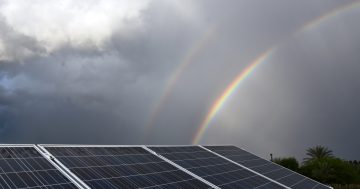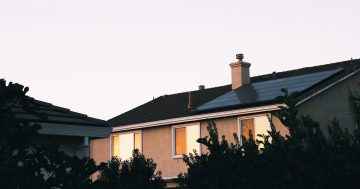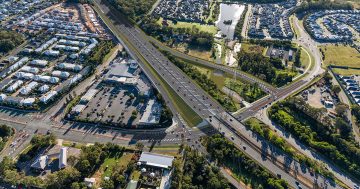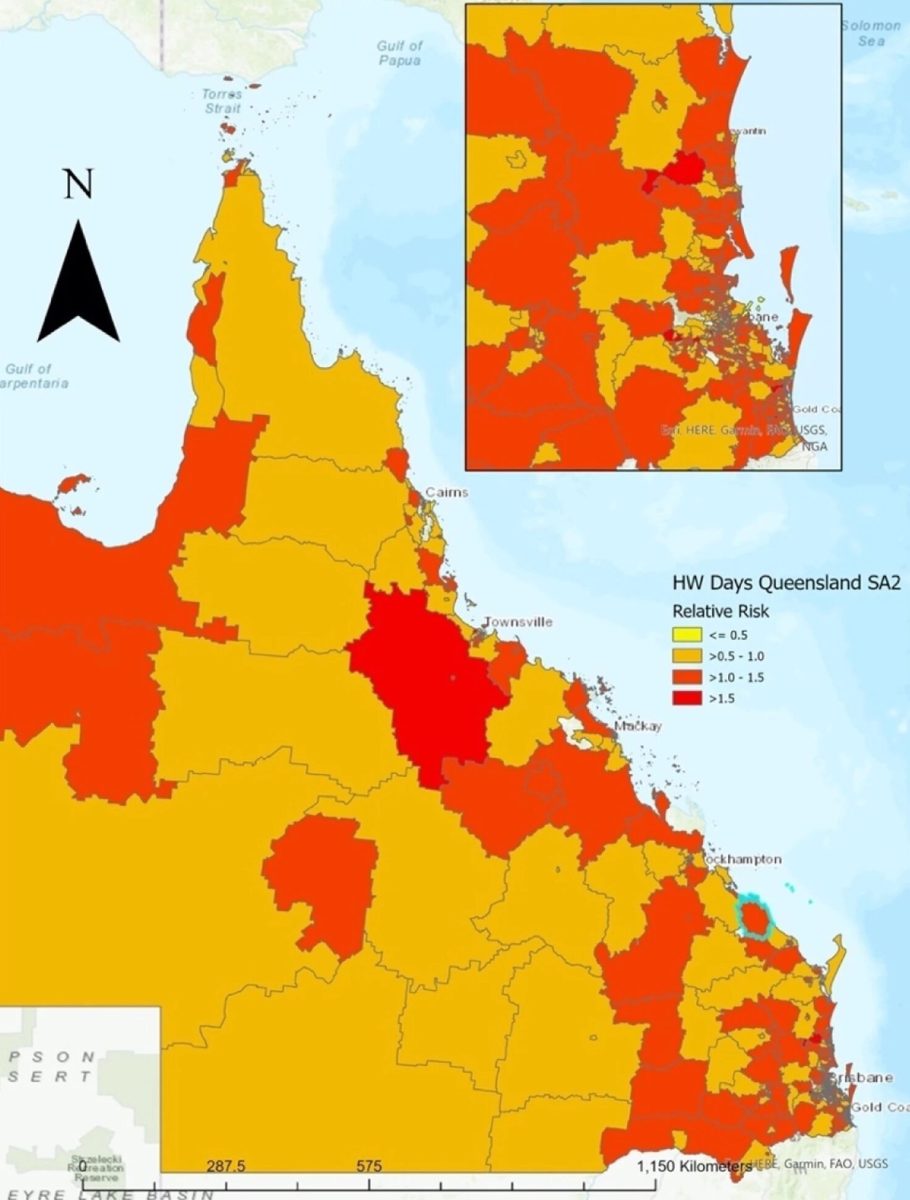
A map showing the relative risk of mortality during heatwaves across Queensland from 2010 to 2019. Image: International Journal of Biometeorology.
A group of researchers and community groups have rallied together, calling on the State and Federal governments to support energy-efficiency upgrades of social housing and help tenants access rooftop solar to reduce their electric bills.
The Power Together coalition, representing a variety of social service, community and environmental groups, have begun the campaign following their analysis. It showed Queensland as the only eastern state yet to receive support under the Household Energy Upgrades Fund.
Between 2010 and 2019, the number of heatwaves in Queensland has more than tripled, which, according to the research published early last year, is largely due to climate change. The Australian Institute of Health and Welfare (AIHW) also reported the Sunshine State to have the most hospitalisations from heat-related illness every year.
Solar Citizens CEO Heidi Lee Douglas said the extreme heatwaves Queenslanders were enduring should be creating urgency. But the State Government was risking $60 million in Commonwealth funding to reduce the risk of disastrous outcomes for social housing residents.
“As the heat rises, Queensland households rely on producing their own clean, cheap energy from the sun to affordably cool their homes,” Ms Douglas said.
“Rolling out rooftop solar on social housing can save low-income households an average of $860 per year for the next 20 years, while also contributing cheap, clean energy back to the grid and providing cheaper electricity for all Queenslanders.”
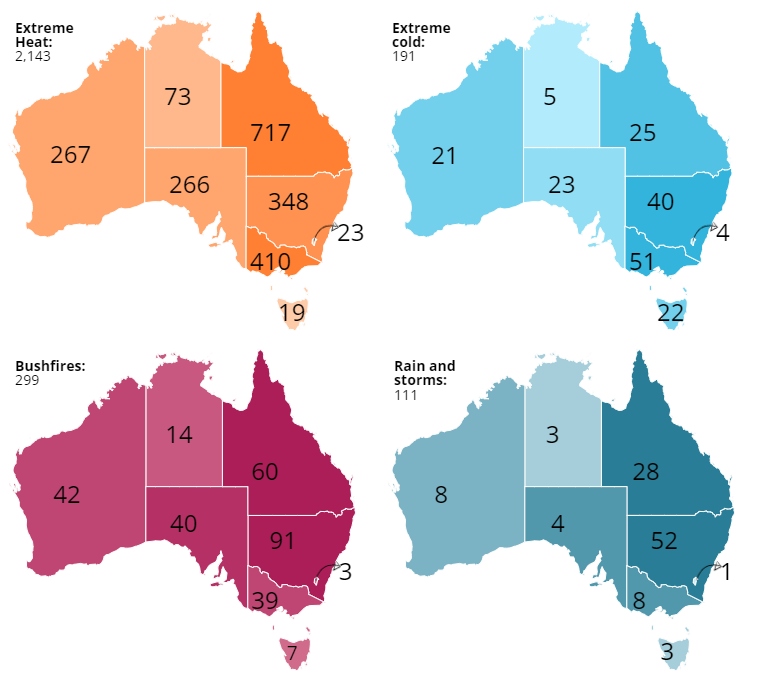
This graph shows the number and type of extreme weather-related injury hospitalisations from 2019-20 and 2021–22. Image: AIHW.
In May last year, the Federal Government announced that it had allocated $300m to the fund, financing energy upgrades of social housing across the country.
To trigger federal funding from the scheme, co-contributions are required by state and territory governments.
In November, the ACT was first to announce a partnership upgrading more than 5000 homes and valued at $35.2m. The following month, Victoria declared a $108m package for apartment residents and social housing tenants.
Most recently, NSW set forth a $206m energy-saving upgrade package for low-income renters and apartment residents, and Tasmania publicised its $16.6m partnership providing energy updates to social housing properties.
According to Griffith University’s Professor Susan Harris Rimmer, many Queensland tenants are living in unhealthy energy-inefficient homes that become unbearably hot in summer. She says the issue is contributing to hospitalisations and even deaths, which is only worsening due to climate change.
“We know that improving energy-efficiency and demand response are clever ways to also address electricity grid issues that arise in summer when energy demand reaches record levels,” said Luke Reade, a policy advocate for Energetic Communities.
“Energy-efficiency upgrades include the installation of insulation, blinds, shading and efficient appliances.
“These are the easy things we can do now to reduce energy costs and improve the comfort and lives of tenants, especially those in the poorest-quality housing and at most risk.”


